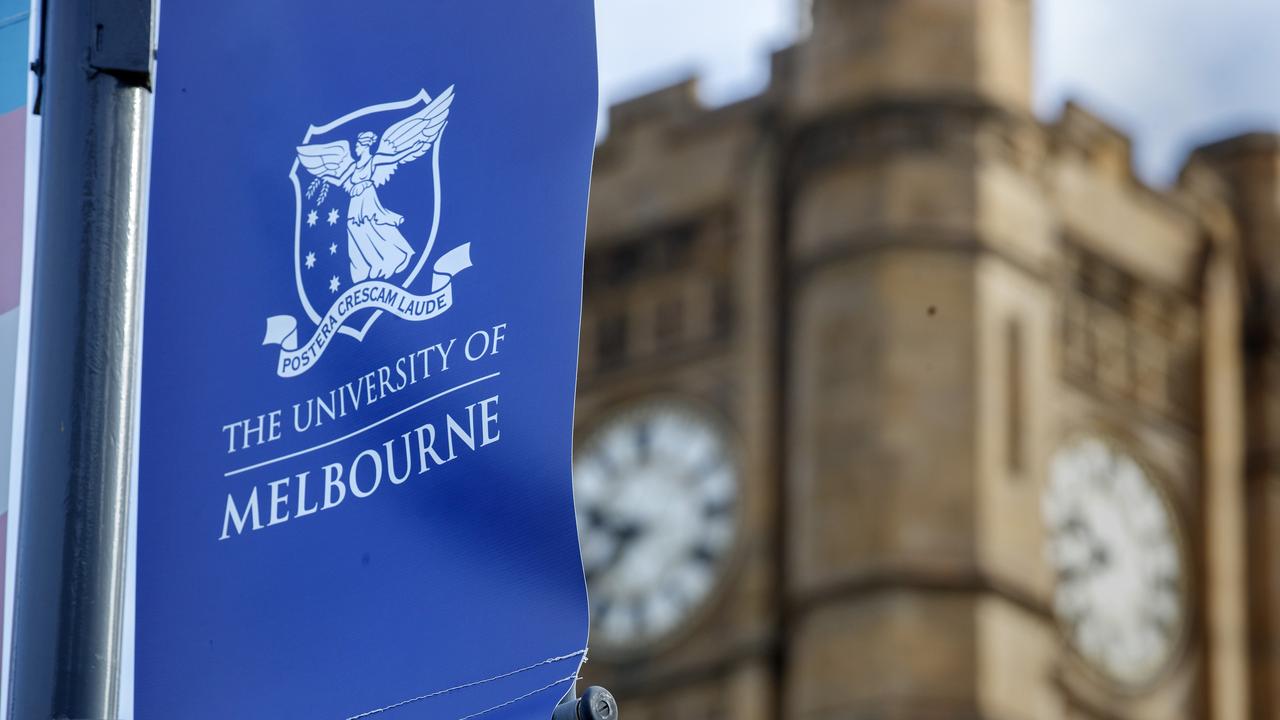Billions in funding fail to boost skills of teachers
EDUCATION funding has failed to boost the skills of teachers to deal with the challenges they are likely to face in the classroom.
EDUCATION funding has failed to boost the skills of teachers to deal with the wide range of challenges they are likely to face in the classroom, according to a leading advocate for education reform
The comments by Field Rickards, dean of education at the University of Melbourne, come after the The Weekend Australian revealed an analysis of Australian Bureau of Statistics data, adjusted to 2012 dollars, showed recurrent school funding by state and federal governments had doubled in real terms since 1995, to about $40 billion a year.
At the same time, though, international maths and reading assessments showed Australian students' results had either stagnated or fallen over a similar period, while the National Assessment Program -- Literacy And Numeracy showed similar results since 2008.
Professor Rickards said not all the funding increase was directed to areas which necessarily improved student results.
"There have been reductions in class sizes but all the research shows it doesn't have a significant impact on learning," he said.
He pointed out that funding was also directed at support staff and non-learning specialists who were also not directly related to student learning.
"It doesn't mean they're not important but if we are going to improve learning outcomes, we have to invest in things that are going to improve learning," Professor Rickards said.
"This ultimately comes down to our teachers. We need to equip teachers with the analytic thinking required to assess where every learner is at, and the skills to bring them up to the next level.
"So part of it will be that we haven't used that money appropriately to further enhance the skills of teachers to enable them to deal with the diversity in classrooms today.
"If some of that money has been spent on professional development of teachers, it has apparently been ineffective."
The funding increase includes the Rudd government's $16bn Building the Education Revolution program and the sharp increase in funding for the independent schools sector during the Howard years.
Richard Teese, of the graduate school of education at the University of Melbourne, said teachers had not been prepared to teach in some of the more challenging settings and principals needed resource flexibility to provide on-the-job training.
"We know who the kids are, the principals know what sort of teachers they need to manage the needs of those kids," Professor Teese said. "But when they step into the market to hire teachers, they've got people coming with the same training mould, which is 'I can teach anywhere'. That's not really what principals want.
"What they want is someone who can adjust quickly to adverse circumstances and be persistent and resilient in the face of challenge," he said.
"But we don't have that emphasis in our teacher training."
Labor frontbencher and former Australian National University economics professor Andrew Leigh argued the MySchool website had promoted a greater focus on student outcomes. "Federal Labor's time in office saw a modest revival of Australia's international maths scores. But the half-century stagnation of student outcomes should be of deep concern to all parliamentarians," Mr Leigh said.


